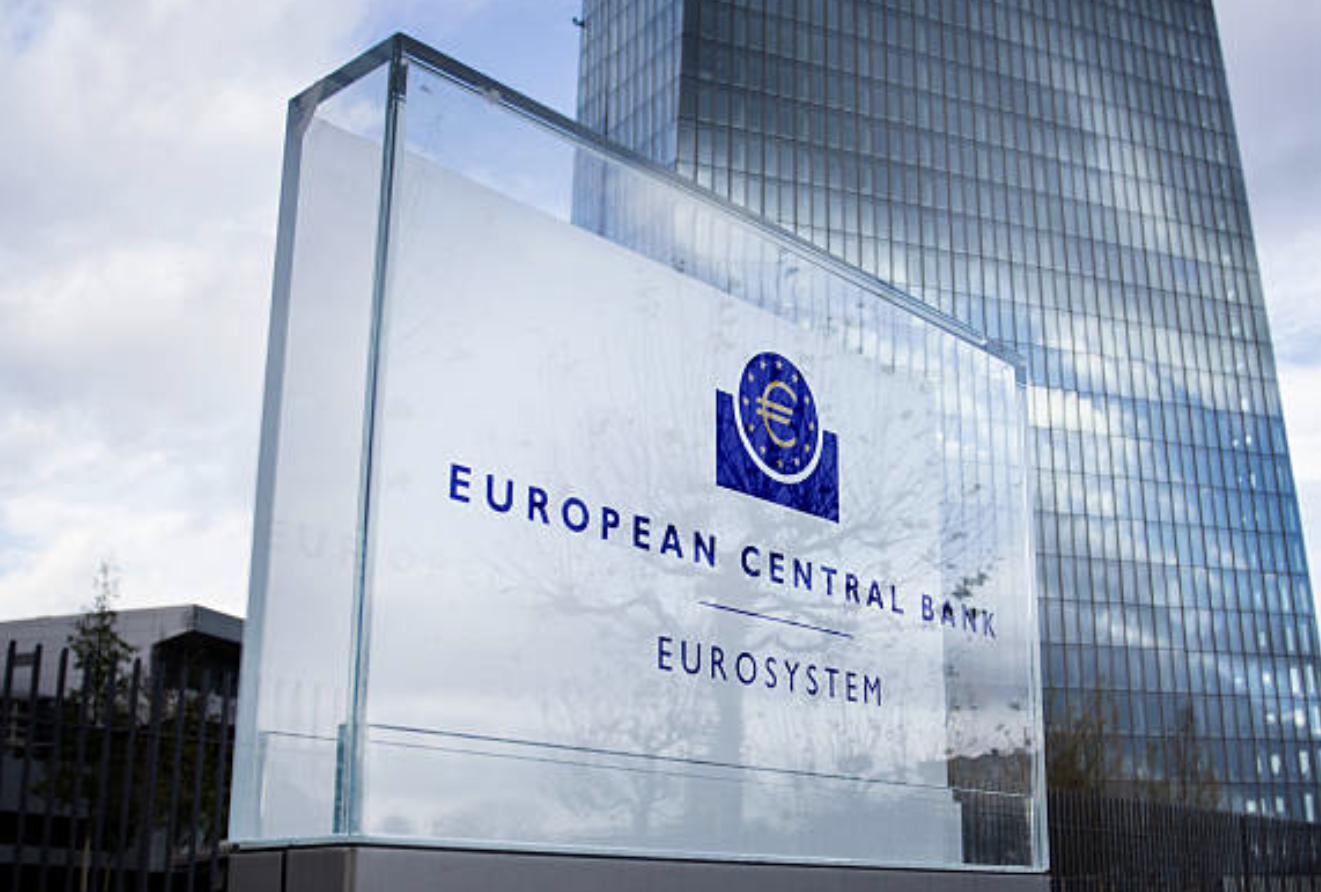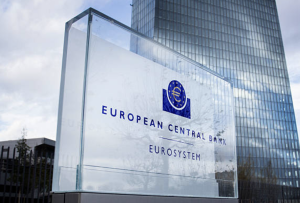Join Our Telegram channel to stay up to date on breaking news coverage
The amount of private information that the European National Bank would have direct access to if it implemented a digital euro will be decided by legislators, not the bank.
However, one of the ECB’s members of the board told MEPs that the organization’s top executives aren’t begging for access to details about specific transactions.
In a routine discussion on the digital euro on Monday, executive board chairman Fabio Panetta said, “We suggest that we don’t have admin rights to any personal data.”
Understanding the Legal Implications of the ECB’s Digital Euro Decisions
He continued, citing anti-money laundering, counter-terrorism funding, avoiding tax evasion, and guaranteeing sanctions compliance: “It will be up to you as co-legislators to determine the stability between privacy and other essential public policy objectives.”
The virtual euro will probably rely on middlemen like private lenders to manage user accounts. These middlemen “would not have greater access than they already have, “Panetta threw in.
Additionally, lawmakers will likely decide if the virtual euro may be used as official cash and if third parties are necessary to disseminate it. The digital euro, according to Panetta, “would never be program money” that would impose restrictions on users. “Central banks print money, not certificates,” she explained.
According to Panetta, the leadership of the central bank is concerned that blockchain technology may not be effective for sustaining a population of 400 million people, and thus it may decide against using it as the underlying technology.
The investigation process of the virtual euro by the ECB is 50% complete.
The central bank must decide in October whether to proceed with a realization phase, during which it will create and evaluate technological options and commercial plans for the CBDC. However, whether the virtual euro will exist will be subject to European institutions.
In the 2nd period of 2023, the European Council is anticipated to release a proposal about the digital euro. As a result, the legislative process will begin since the European Parliament, as well as the Council must agree on a strategy for the digital euro.
Digging Deeper: Examining the Legal Framework of the ECB’s Digital Euro Decisions
Fabio Panetta, a member of the ECB board, stated on Monday that although the digital form of the euro would be open to use and accessible to everyone, the ECB does not intend to store any personal information on its users.
To allay worries that virtual money may upset the financial infrastructure and provide the central bank with far too much information about citizens, the ECB is developing a digital edition of its money and is now outlining a more comprehensive design.
Digital money is thought to be more secure than a deposit held at a financial company since it represents a definitive statement on the balance sheet of the central bank, much like cash.
Panetta stated to the Committee on Economic as well as Monetary Affairs of the European Parliament that the digital euro will be a public good.
Therefore, it would sound right for its fundamental functions to be provided without charge, such as when paying someone else with a digital euro, similar to the case with cash.
Banks have been worried that the introduction of digital currency will render their services obsolete, causing clients to stop using them and switch their money to money from central banks due to the increased security.
Panetta clarified that the ECB is not in a position to put pressure on private banks, and thus it will not provide accounts to citizens or allow them to schedule routine payments for things like bills or rent.
How the ECB’s Digital Euro Decisions Could Impact Financial Markets
The best people to find use cases for provisional payments, as well as other advanced payment systems, according to Panetta, are supervised intermediaries who have direct contact with users.
If the digital euro is introduced, the ECB may create a separate payments app or permit commercial banks to include it in their existing systems.
However, its app would only include the most fundamental payment features and guarantee that it could be utilized anywhere within the euro region, a 20-nation currency union with over 350 million inhabitants.
According to Panetta, “The ECB just wouldn’t establish any restrictions on when, how, or to whom consumers might pay using a digital euro.”
Final Words
Panetta stated that the ECB strives to have no full rights to personal information to allay a major privacy and confidentiality issue.
However, given worries about money laundering, financial crime, and tax fraud, this might be problematic, so some lawmakers are looking at ways to monitor usage.
The construction of a virtual euro is only just under investigation by the ECB, and its issue is still years away.
Related Content
Best Wallet - Diversify Your Crypto Portfolio
- Easy to Use, Feature-Driven Crypto Wallet
- Get Early Access to Upcoming Token ICOs
- Multi-Chain, Multi-Wallet, Non-Custodial
- Now On App Store, Google Play
- Stake To Earn Native Token $BEST
- 250,000+ Monthly Active Users
Join Our Telegram channel to stay up to date on breaking news coverage



